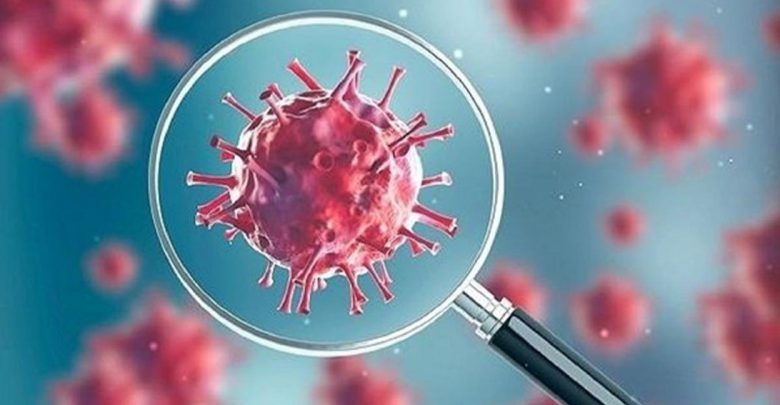There are 16 facts about Norovirus that you should be aware of

Some cases of Norovirus infection have been confirmed in Wayanad, Kerala. Veena George, the state’s health minister, has issued some guidelines for the general public to follow in order to combat the virus.
So far, here’s what we know about Norovirus:
1. The Norovirus is a virus family that causes gastrointestinal illness. The virus causes stomach and intestine lining inflammation, as well as severe vomiting and diarrhoea.
2. It is an animal-borne disease spread by contaminated water and food.
3. Although norovirus has no effect on healthy people, it can be dangerous in young children, the elderly, and those with other comorbidities.
4. Water bodies and drinking water sources must be actively managed. To stay ahead of the competition, super-chlorination can be used.
5. Because prevention is better than cure, being vigilant is extremely beneficial in the fight against Norovirus.
6. This animal-borne disease can also be transmitted by direct contact with infected people.
7. This virus spreads through an infected person’s faeces and vomit. As a result, caution is required because the disease spreads rapidly.
8. This virus can spread for up to two days after the disease has begun.
9. Common Norovirus symptoms include diarrhoea, abdominal pain, vomiting, nausea, fever, headache, and muscle aches. Dehydration and other complications can result from acute vomiting and diarrhoea.
10. According to the guidelines, infected people should rest at home as directed by their doctor and drink ORS solution and boiled water.
11. As a preventive measure, one should maintain good personal and immediate environmental hygiene.
12. Hand washing with soap and water can help prevent the spread of infection. Those who interact with animals should take extra precautions.
13. Use chlorinated water in the home. To drink, only use boiled water.
14. Fruits and vegetables should only be used after thoroughly washing them.
15. Seafood and shellfish, such as crab and mussels, should only be consumed after they have been thoroughly cooked.
16. Avoid eating stale or exposed foods.






